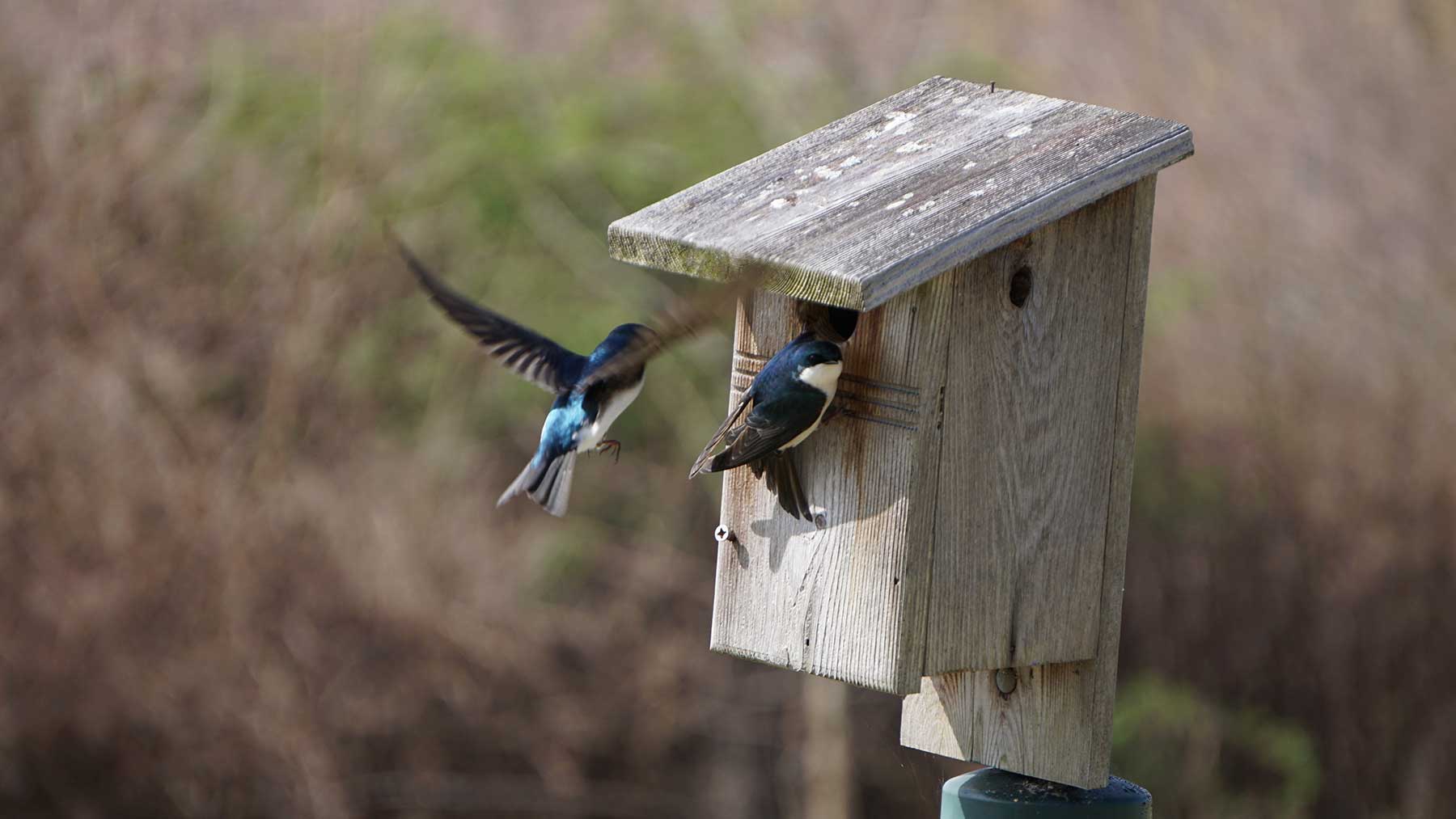Why feelings of grief and loss are normal during COVID-19

As we’re all trying to navigate the mental health challenges of this ongoing COVID-19 outbreak, it’s important to realize that everyone’s emotional state differs.
Even if you don’t personally know anyone who has been stricken with COVID-19, you’re likely still grappling with feelings of grief and loss. Why? Because our way of life had died. We’ve lost the normality of our daily lives.
For months now our lives have been turned upside down, with many people losing their jobs or working from home. Our usual routines have been upended. Schools that were forced to do distance
learning are now on summer breaks, leaving many children home all summer with few social options, such as camps and other activities, to keep them busy.
Important milestone events such as proms, graduations, family reunions, vacations and weddings have been downsized, canceled or postponed. Sports and extracurricular activities have been canceled or curtailed.
Municipal pools won’t be open or will have limited access. Even simple get-togethers with friends for a barbecue or dinner out at a restaurant could pose a risk of exposure, especially for those considered “at risk” with underlying health conditions.
Everyone’s affected in some measure. That’s why you shouldn’t compare your loss to anyone else’s loss during the pandemic. It’s not any bigger or smaller, but it happens to be your loss. And the worst loss is always your own loss.
How do we navigate this ever-changing ‘new normal’?
The first thing is to realize that it’s OK to have these feelings of grief and loss for everything that has changed because of the outbreak. Talk to others—friends or family, or even a mental health professional—and explain how you’re feeling. You’ll likely find they’re feeling much the same way.
We’re all trying to get a sense of what our “new normal” will look like in the future. But, unfortunately, we don’t know. Many of us are feeling isolated and alone. We don’t know when the scare of this virus will go away. We don’t know when we’ll be able to gather again.
We’re losing our connection with others. That sense of social connection that we’ve always had in the community, at school, at work, at play no longer is the same. We survive by being social. This helps our identity, our sense of value and our mood. It’s hardwired into us. That’s why not being together is so hard.
But because of physical distancing and social separation we’ve had to end up losing other things as well, as a family and as a community. All of these things have made us who we are. They are the things we always rely on in times of stress and adversity. We’re lost without them. This virus and social distancing is a double whammy. We can’t even use what we normally use to help us feel better.
How can we cope with these feelings of grief and loss?
Grief is a deep sorrow that’s often connected to the loss of someone through death, or perhaps the loss of your health. But in reality, grief can be about any loss, and it’s very individualized.
We’d expect those who’ve lost someone to the virus to grieve, but others too may be feeling sad or upset. That’s perfectly normal, and why it’s so important for everyone to share their emotions and talk about their feelings.
This will help normalize these feelings, which can include anger, anxiety, distress, fear, sadness, sorrow and worry. Feeling this way during the pandemic doesn’t mean you’re going crazy or have a mental illness.
As we start to talk about the tensions and negative emotions we’re feeling, it’s important to also focus on positive emotions to try to neutralize the negative ones. In addition, try these three tips to cope:
- Limit your exposure to news about the outbreak. If you find yourself glued to the TV or radio all day for fear of missing a vital detail, you’ll start to feel overwhelmed.
- Try engaging in the mindfulness practice strategy to ground yourself in the here and now. We can control right now. We can’t control the future, so try to not to worry about the distant future.
- Find meaning in the simplest things day-to-day, such as taking a walk in a park and enjoying flowers blooming and birds chirping. Try to identify simple things that you’re grateful for that you wouldn’t have had if not for this pandemic.
This pandemic has availed us the opportunity to pause and think a little deeper for a longer period of time. This gives us the ability to reassess: What’s most important now?
K. Luan Phan is a psychiatrist at The Ohio State University Wexner Medical Center and chair of the Department of Psychiatry and Behavioral Health in the Ohio State College of Medicine.




